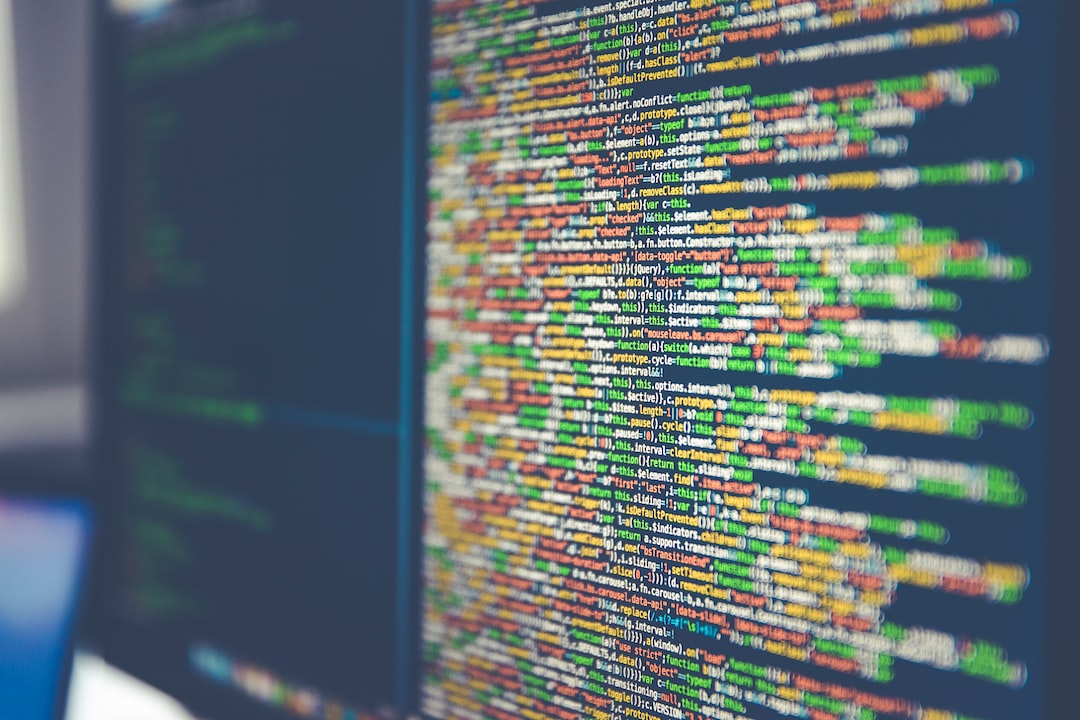The Impact of Internet Memes on Popular Culture
In today’s digital age, it’s nearly impossible to scroll through social media platforms without encountering internet memes. They have become a language of their own, conveying ideas, emotions, and humor in a concise and relatable manner. But what exactly are memes, and how have they managed to infiltrate popular culture?
Originating from the Greek word “mimeme,” which means “imitated thing,” memes are essentially ideas or concepts that spread rapidly from person to person, often with slight variations. They can take the form of images, videos, catchphrases, or even simple gestures. However, it wasn’t until the rise of the internet that memes truly exploded onto the scene.
The birth of the internet meme can be traced back to the early 2000s when forums and image-sharing platforms such as 4chan and Reddit started gaining popularity. Users would remix and repurpose existing images or create new ones with humorous captions, creating a new kind of cultural currency that resonated with millions of people.
From the iconic “Doge” featuring a Shiba Inu dog with broken English captions to the ever-relatable “Forever Alone” face, early internet memes laid the foundation for what was to come. These memes captivated internet users and began seeping into broader popular culture. Memes became a way for people to connect and share experiences, regardless of geographical location or cultural background.
One of the most significant impacts of internet memes on popular culture is their ability to reflect the collective consciousness of a generation. Memes often encapsulate the prevailing sentiments, attitudes, and beliefs of a particular time period. They serve as a cultural barometer, offering a glimpse into the thoughts and emotions of the masses.
Take, for example, the 2016 presidential election in the United States. Memes played a significant role in shaping public discourse and making political commentary more accessible to the masses. Memes like the “Distracted Boyfriend” or the “This is Fine” dog became symbols of political dissatisfaction and frustration, depicting the state of the nation and its citizens’ skepticism towards those in power.
Furthermore, internet memes have revolutionized the advertising and entertainment industries. Companies now leverage the power of memes to create viral marketing campaigns, tapping into the vast reaches of internet culture. Brands like Wendy’s and Netflix have successfully used witty and relatable memes to engage with younger audiences and establish themselves as “in-the-know” entities.
In the realm of entertainment, memes have birthed countless internet celebrities who have transcended their internet origins. Stars like “Salt Bae,” “Hide the Pain Harold,” and countless others have gained widespread recognition and even secured endorsement deals due to their viral memes. These internet-born celebrities now find themselves embracing an unforeseen level of fame and popularity simply because their images or catchphrases struck a chord with online communities.
Moreover, memes are known for their ability to foster a sense of community and shared identity. Online communities dedicated to specific memes have sprung up, creating spaces for people with common interests to connect, share, and create content together. These communities often pave the way for new memes to emerge, perpetuating the cycle of internet culture and its impact on popular culture as a whole.
Despite their pervasive influence, memes can also be controversial and divisive. In recent years, there have been discussions around cultural appropriation, as certain memes have been criticized for appropriating and distorting cultural symbols or perpetuating harmful stereotypes. While memes can bring people together, they can also inadvertently alienate or offend certain groups.
The impact of internet memes on popular culture cannot be understated. They have become an integral part of our daily lives, permeating our conversations, influencing our opinions, and shaping our cultural landscape. Memes have bridged the gap between the virtual world and real life, creating a unique digital language that transcends borders, cultures, and languages.
As we move forward in the digital age, it is clear that memes will continue to evolve and leave their mark on popular culture. They provide a platform for creative expression, social commentary, and connection, making them an enduring and influential force that shapes our society. So, the next time you come across a meme while scrolling through your feed, take a moment to appreciate its role in our ever-expanding digital universe.

